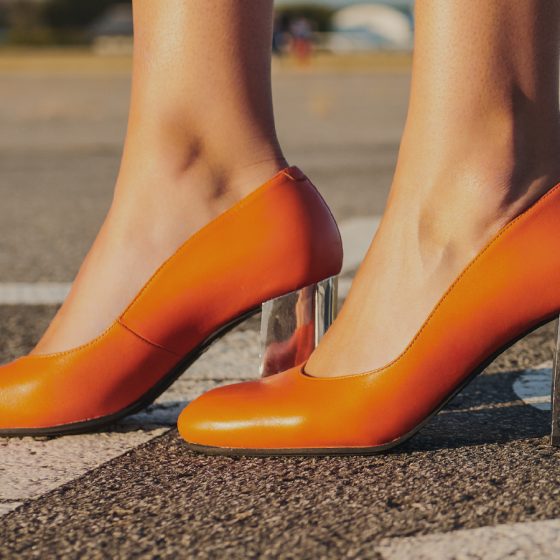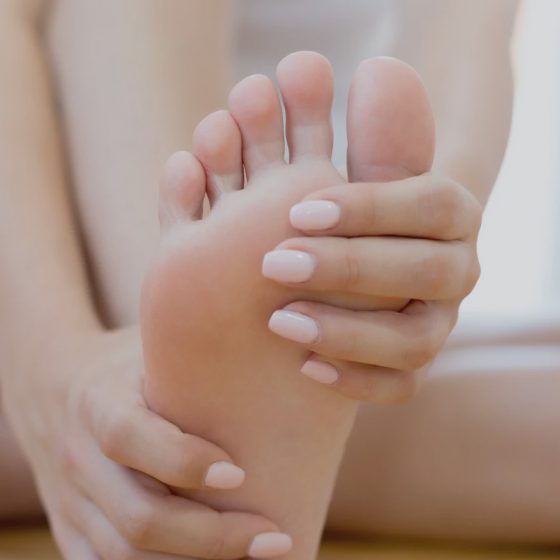As a flight attendant, I change time zones more often than most people change outfits. On my last stretch of flying, for example, I slept in six different time zones in six days, traversing as far west as California and as far east as Amsterdam. Flying across so many different time zones, especially as frequently as flight attendants do, can cause jet lag, scientifically referred to as desynchronosis, which is a disruption of your body’s internal clock and circadian rhythm.
Jet lag is one of the hardest parts of flight attendant life and if not handled properly, can leave you feeling like a perpetually jetlagged, sleep-deprived zombie or worse – have long-term negative impacts on your health. Luckily, there are many things you can do to avoid feeling like you’re going through your flights – and life – like a character from The Walking Dead. Here are seven tips for beating jet lag as a flight attendant!
Wherever you are, that’s the time
Being a flight attendant is a bit like being a time traveler. Once, for example, I left Narita at 4 p.m. on a Monday and landed in Atlanta twelve hours later at 4 p.m. on a Monday. It can make your mind reel if you think about it too much, which is why my cardinal rule of traveling is this one: Never, ever think about what time it is back home or at your last destination. It is only ever the time where you are! Jet lag is, at its simplest, just your body’s internal clock getting out of sync with local time. The more you think about what time it is elsewhere the more difficult it will be for your body to psychologically and physically adjust to the time where you are. If you need to, switch your watch and the clock on your phone and laptop right after takeoff so you don’t fall into the trap of comparing time zones.
Take full advantage of crew rest
Most articles about jet lag recommend sleeping as much as you can during night flights. This is sadly not a practical tip for cabin crew unless you’ve landed yourself a dream trip with a long deadhead or ferry flight. It goes without saying, however, that you should take full advantage of your crew rest and the time given to you during the flight to sleep. The second your crew rest starts get your booty in that seat or bunk and get to sleep! Do not pass Go. Do not collect $200. Do not get on your phone and start texting. Do not slip up to First Class and eat all the ice cream sundaes. You want to get as close to eight hours of sleep in a 24 hour period so every second of zzzzs counts!
Don’t sleep the day away
Taking a quick power nap after your flight will help your body adjust and get some much needed rest, but don’t let yourself simply sleep the day away or you’ll delay your body’s ability to reset to local time and will spend all night tossing and turning. Instead, give yourself 70-90 minutes to nap, which science shows should allow you to experience all three sleep stages without waking up during slow wave sleep, which makes you feel groggier. If you have difficulty falling asleep after a flight, try wearing sunglasses on the bus ride, closing your curtains and turning off all the lights in your room right away, shutting off your phone and the TV, and eating a light snack or meal high in carbohydrates to help your body get in the mood.
But skip the nap entirely if you get in too late
The wisdom passed down from generation to generation of flight attendants is to skip the post-flight nap if you get in past 11 a.m. I live dangerously, however, and generally push this back until 1 p.m. Whatever time you decide is right for you, make sure it isn’t so late that it will interfere with your ability to get to sleep at a normal hour or get a full eight hours of sleep before you wake up again the next morning.
Stay hydrated
Even mild dehydration can make you feel lethargic or moody. Drink plenty of water before, during, and after your flight to keep yourself in top form and help your body cope. The general rule of thumb is to drink eight ounces of water for every hour you’re in the air plus extra if you’re drinking something dehydrating like coffee.
Hit the ground running
It might feel like the last thing you want to do, but get some exercise. Research has shown that besides the standard health benefits and endorphins of exercise, it can also help your body adjust to time zone changes. Anecdotally, this is one of my favorite, time-proven ways to cope with jet lag. A quick workout after my flight (or post-flight power nap) or early morning exercise the next day seems to work the best for me but getting your body moving at any point is one of the surest ways to feel like yourself again. As a bonus, going for an outdoor run, long walk, or hopping on a bike is also one of the best ways to explore your destination and can help you get some much needed sunlight!
Let there be light
The main clock that regulates your body’s circadian rhythm is kept in the suprachiasmatic nucleus of the hypothalamus, which sits just behind your eyes. It’s located there in part because your brain uses light to help synchronize itself to the world, which means you need as much light as possible when you’re supposed to be awake and as little as possible when you’re supposed to be asleep. I like to head outside and walk around or go for a long outdoor run (see above!) to get some sunshine and help my body adjust, and I try and turn off the TV and all my electronic devices well ahead of the time I’d like to be asleep by.
Shannon Hill
Blogger @ Tramontanetravel
Flight Attendant, USA










